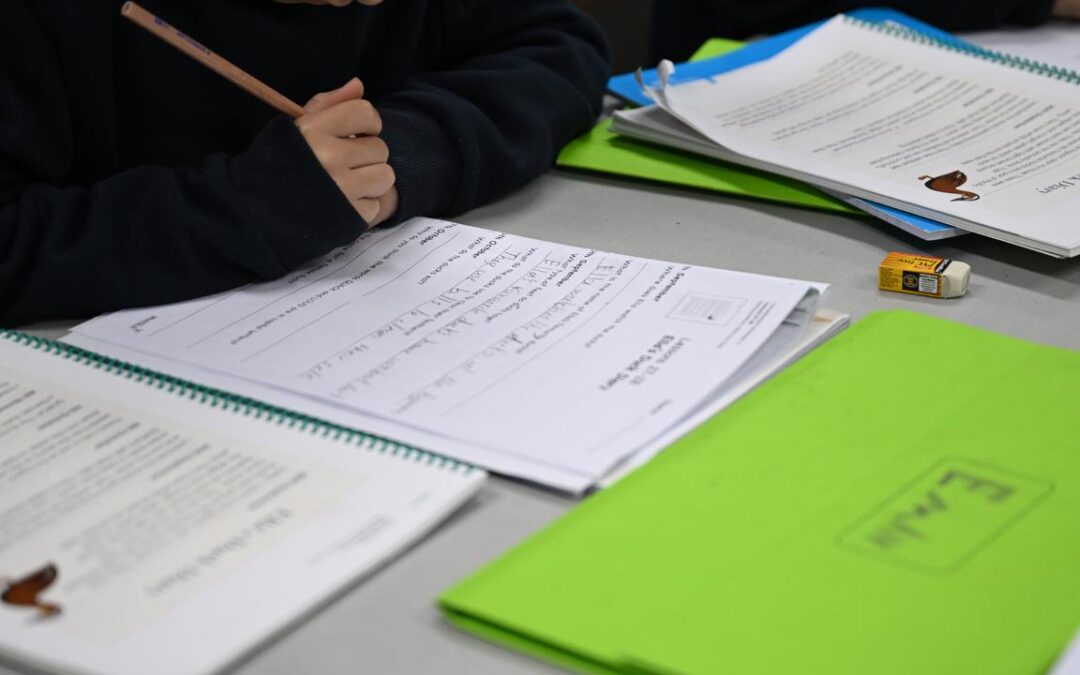
One-in-10 students need extra school support: NAPLAN
One-in-10 Australian students need more help to meet basic education standards despite “encouraging” signs that kids are getting better at maths.
Two-thirds of students performed strongly or exceeded expectations on NAPLAN testing, but geographic location, parent education levels and family background continue to be a major factor impacting results.
Almost one-in-three Indigenous students fell below minimum standards and needed extra support, compared to less than one-in-ten non-Indigenous students.
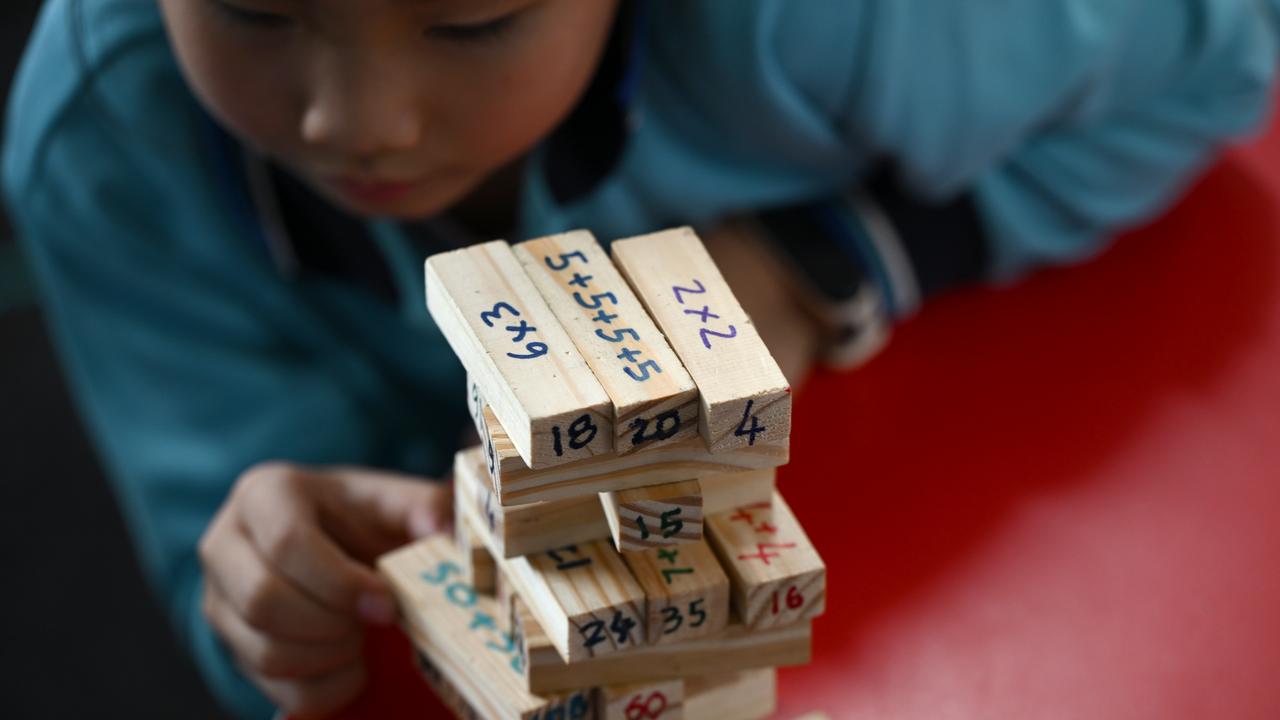
There was also a regional divide, with just one-in-five students in very remote areas considered strong or exceeding expectations – far below 70 per cent of students in major cities.
Girls again outperformed boys in literacy but boys did better in numeracy, with the gaps emerging in early secondary and late primary school.
Some 71.1 per cent of year 7 girls achieved strong or “exceeding” – the highest proficiency level – writing results, compared to 57 per cent of boys.
In numeracy, by year 3 there were 6.1 per cent fewer girls achieving “exceeding” results than boys, which increased to eight per cent by year 5.
Children from higher socio-economic backgrounds in urban areas also tended to score better.
Results in all subjects were relatively stable across the board but Australian Curriculum Assessment and Reporting Authority chief executive Stephen Gniel called for “collective action” to help those left behind.
“Such as supporting students from our regional and remote areas, those from a disadvantaged background, and Indigenous students,” he said.
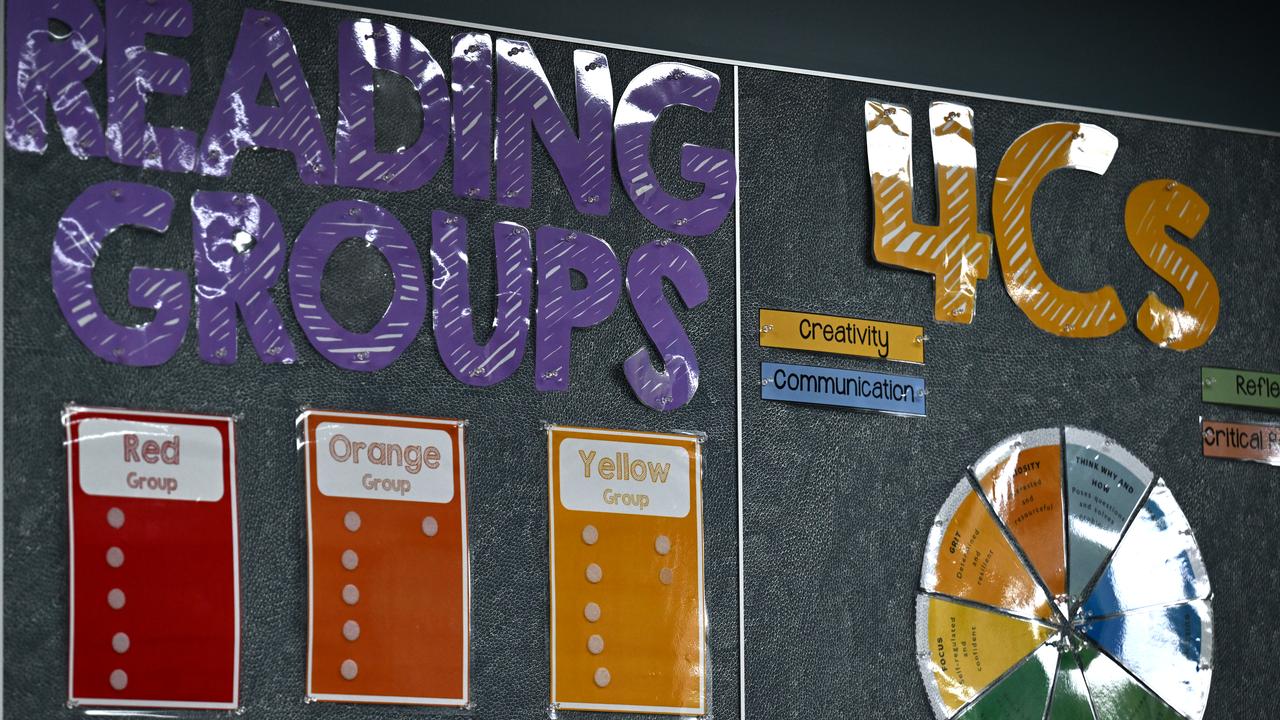
The curriculum boss was buoyed by more Indigenous students in years 7 and 9 achieving “exceeding” results in writing and numeracy, as well as an overall better maths results.
“It’s encouraging to see higher NAPLAN scores on average across years 5, 7 and 9 in numeracy, particularly among the stronger students,” he said.
“These may be small percentage changes, but the increases represent an additional 20,000 Australian students performing at the highest proficiency level – exceeding – in 2025 compared to 2024”.
Year 3 and year 5 students recorded better reading and numeracy results compared to last year, however there was a jump in year 7 and 9 students classified as needing extra support in both subject areas.
NAPLAN results released on Wednesday did not give reasons behind the trends and a school-by-school breakdown will be released later in the year.
Participation rates have rebounded to pre-pandemic levels as some 1.3 million students in years 3, 5, 7 and 9 sat the tests in early March – equivalent to 93.8 per cent of students.
That includes students in Queensland, who did their exams in the days after Cyclone Alfred struck and still managed the highest participation rates since 2019.
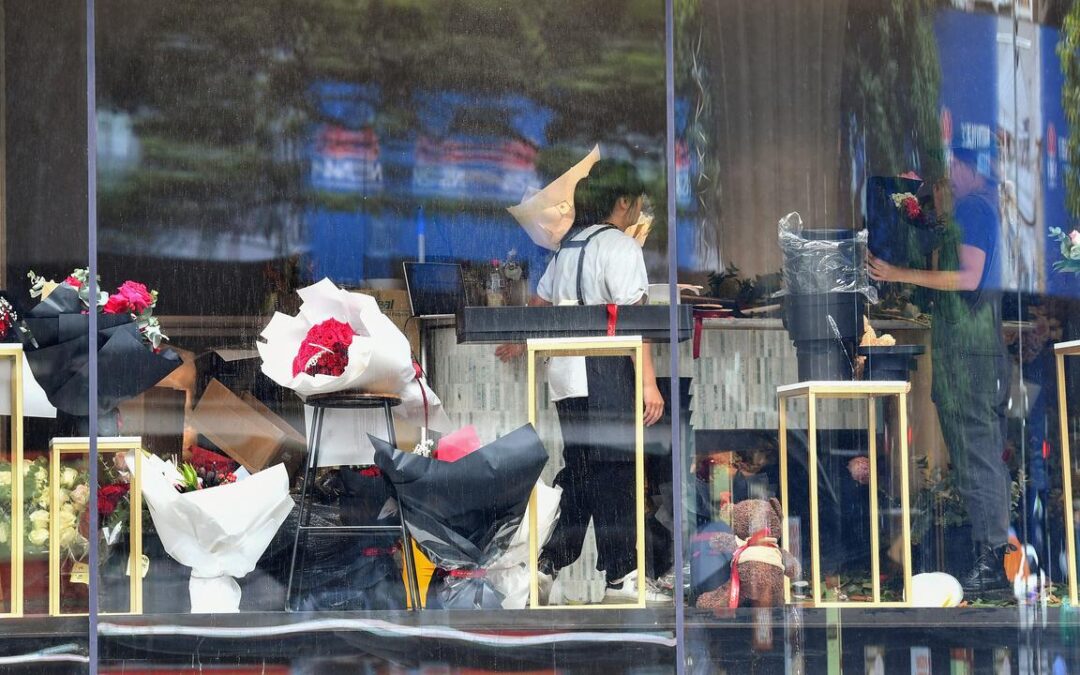
Economic outlook blooms with key data to guide rate cut
Australia’s economic growth prospects have been upgraded by an international financial body as mortgage holders await fresh inflation figures that could cement a Reserve Bank rate cut.
United Nations financial agency the International Monetary Fund on Tuesday said a modest de-escalation in trade tensions had boosted the prospects of the global economy.
The fund has raised its forecast for Australian GDP growth this year to 1.8 per cent in its July update to its World Economic Outlook, 0.1 per cent higher than its last projection in April.

Global growth is also expected to be 0.1 per cent higher at three per cent, while both the Australian and world economies received a 0.2 per cent upgrade for 2026, at 2.2 and 3.1 per cent respectively.
But despite the easing of tariff threats as countries strike trade deals with the United States, the risks to the economy remain weighted firmly to the downside, said IMF chief economist Pierre-Olivier Gourinchas.
“The current trade environment remains precarious,” he said.
“Tariffs could well reset at much higher levels once the ‘pause’ expires on August 1 or if existing deals unravel.”
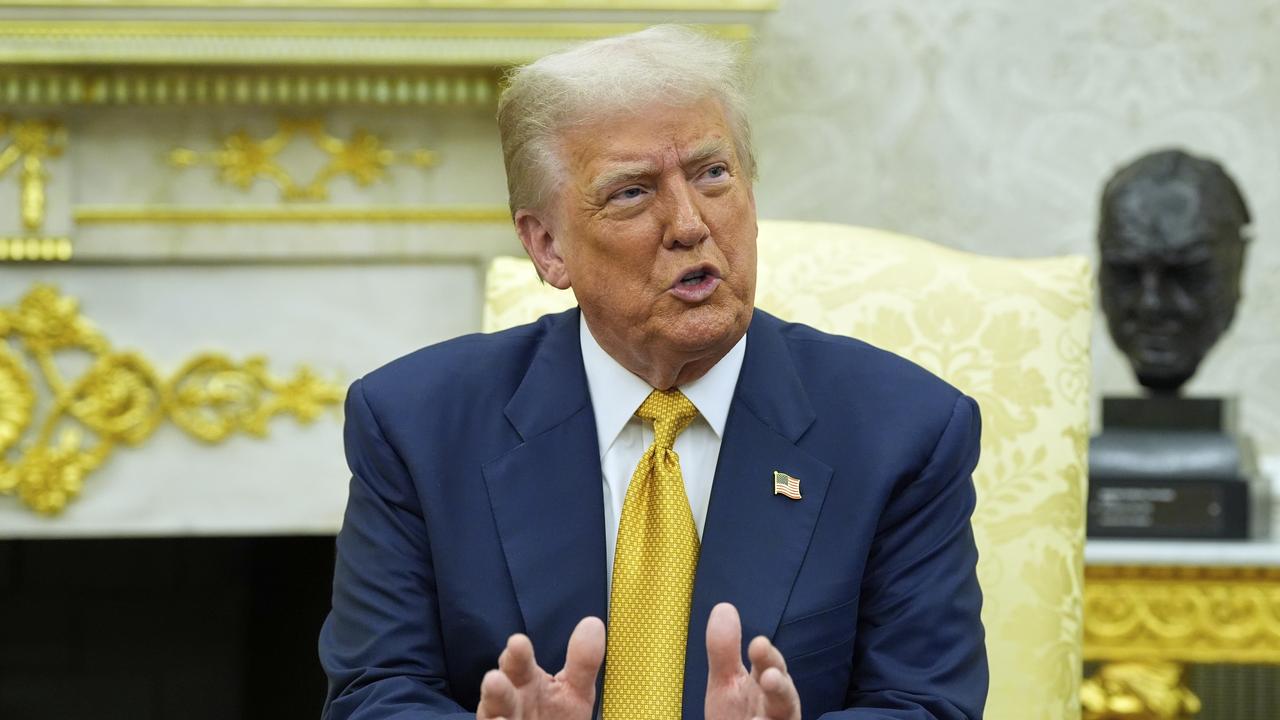
IMF models suggest that would constrain the global economy by 0.3 per cent in 2026.
US President Donald Trump on Monday flagged he was considering raising the baseline tariff rate for all countries, including Australia from 10 per cent to “somewhere in the 15 to 20 per cent range”.
Despite the tariff threat, Australia’s economy is still expected to keep growing as falling interest rates give a boost to consumers.
The RBA could cut rates again as soon as August 12, with the Australian Bureau of Statistics’ all-important quarterly consumer price index print on Wednesday the potential green-light the central bank board needs to lower the cash rate to 3.6 per cent.
Westpac senior economist Pat Bustamante expects trimmed mean inflation – which is the RBA’s preferred measure – to come in at 2.7 per cent over the 12 months to June.
That is 0.1 per cent higher than RBA staff economists predicted in their May Statement on Monetary Policy.
But Mr Bustamante said that shouldn’t stop the board from cutting, given the CPI is a lagging indicator and more forward-looking indicators of inflation, such as the labour market and private demand, have softened recently.
Westpac expects the data to show a pick-up in the housing costs component, which includes electricity, accelerated in the quarter, as government energy rebates roll off.
“Where we differ from the Reserve Bank is on the unit labour cost story,” Mr Bustamante told AAP.

Governor Michele Bullock cited concerns over weak productivity growth, which despite a gradual easing in the jobs market, could contribute to higher labour costs and flow through to inflation.
But inflation has eased regardless.
That is because much of Australia’s weak productivity performance has been driven by the mining and non-market sectors, whereas the market sector excluding mining has been running at 0.8 per cent per year, closer to the long run average, Mr Bustamante said.
“We’re not as concerned as the RBA because a lot of the lower productivity outcome has been driven by sectors that don’t flow into the CPI.”

Kids blocked from YouTube as social media ban expands
Australian children will be barred from accessing YouTube after the government confirmed the video-sharing website will fall under its social media ban.
The website was initially spared from the ban for under-16s as part of an exemption for health and education services.
But advice from eSafety commissioner Julie Inman Grant has encouraged the government to change its tune.
YouTube will join other platforms such as Snapchat, Facebook, Instagram and TikTok which were included under the ban when legislation passed parliament in late 2024.

Anthony Albanese maintained barring children from such platforms would prevent social harms when the ban comes into effect in December.
“There is no doubt that Australian kids are being negatively impacted by online platforms so I’m calling time on it,” the prime minister said.
“Social media is doing social harm to our children, and I want Australian parents to know that we have their backs.”
The video-sharing platform’s inclusion has been foreshadowed since the online safety watchdog in June cited research that found children were exposed to harmful content on YouTube more than any other platform.
YouTube’s parent company Google has threatened to sue the federal government on the grounds the ban restricts the implied constitutional freedom of political communication.
But Ms Inman Grant in June said the new proposal would only prevent those under 16 from having an account, not from accessing content.
Educators can continue to use school-approved educational YouTube content through their own accounts.
Under the legislation, age-restricted social media platforms will face fines of up to $49.5 million if they fail to prevent people younger than 16 from creating accounts.
The move was celebrated by the government and coalition but there are reservations about whether it will work and the impact it could have on marginalised children, particularly those in rural or regional Australia who use the internet to seek community.
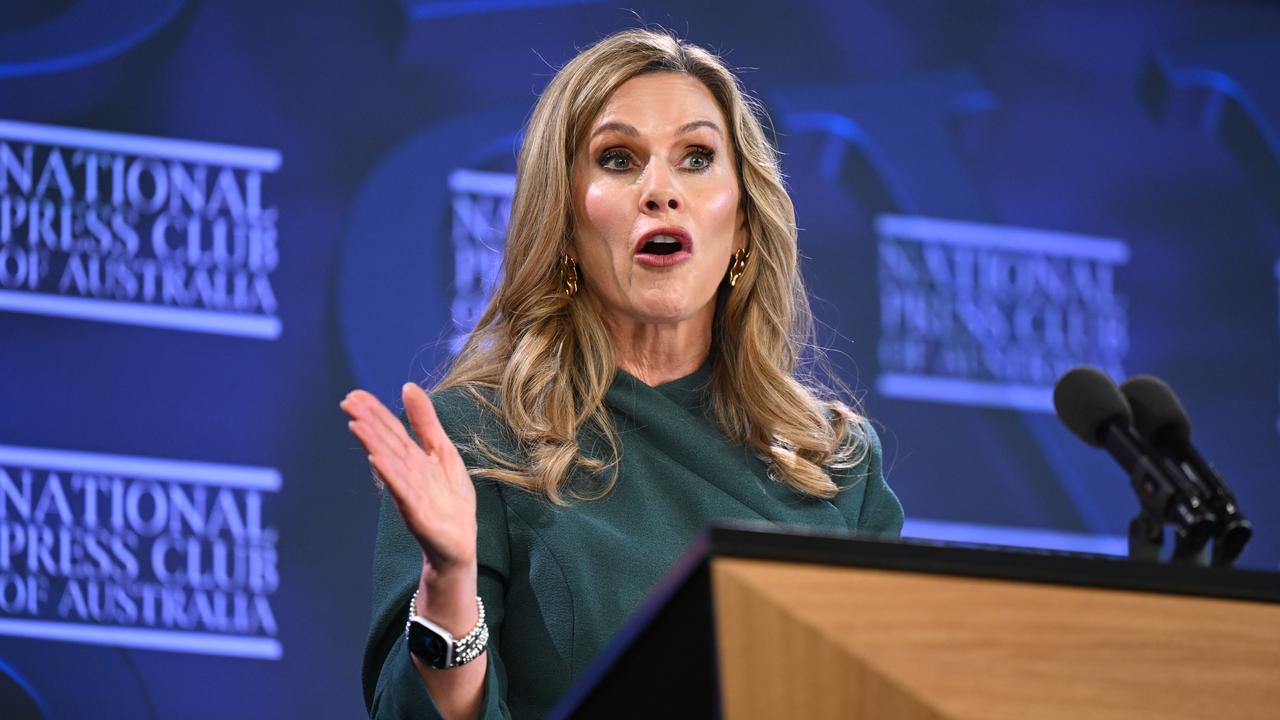
Preliminary findings released by a federal government-commissioned trial in June found there was no guarantee technologies aimed at blocking young kids from social media would always work.
While there were a plethora of approaches that would work in different ways, the age assurance technology trial’s early findings revealed there was no single, ubiquitous answer that would fit every use case.
Communications Minister Anika Wells acknowledged there was no “one perfect solution” but said the rules would still offer kids reprieve from the “persuasive and pervasive” pull of social media.
The age assurance technology trial’s final report will be published later in 2025.
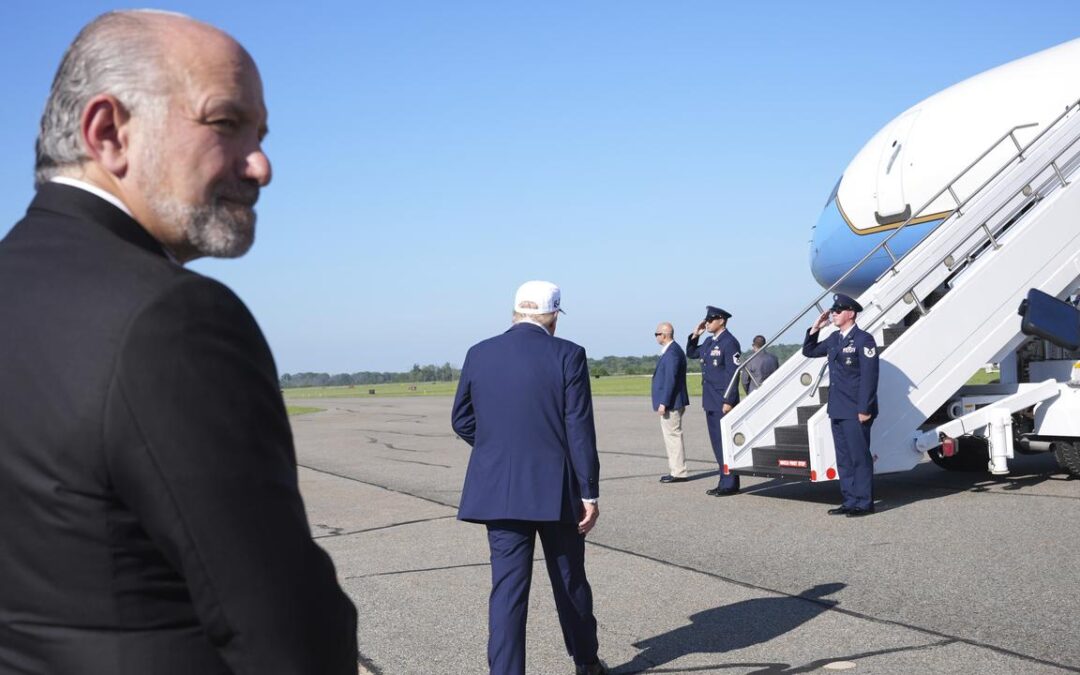
Trump deciding trade deals by August 1: Lutnick
US President Donald Trump will make his trade deal decisions this week even as separate negotiations with China and the European Union continue, US Commerce chief Howard Lutnick says ahead of Trump’s self-imposed August 1 deadline.
US and EU officials were still discussing steel and aluminium tariffs as well as digital services regulations following their framework announced on Sunday, Lutnick told CNBC in an interview, adding that talks with China were also “their own thing”.
“But for the rest of the world, we’re going to have things done by Friday,” he said in the interview.
Asked about remaining uncertainties surrounding the US-EU agreement, Lutnick said Trump was working “to get things done now”.
He said pharmaceuticals were a key part of the EU deal so that medicines made in EU member countries – home to several major drug makers – would have their products included in the 15 per cent tariff.
“It was important for them to have pharmaceuticals be part of the deal at 15 per cent because President Trump is going to come out in the next two weeks with his pharmaceutical policy, and it is going to be higher,” he said.
South Africa’s trade ministry said on Tuesday that it still wanted to negotiate a trade deal with the United States, before a 30 per cent tariff on its exports to the US is due to kick in on Friday.
South Africa’s government has been tight-lipped about its negotiations with the US administration ahead of the August 1 deadline, which comes as the two countries’ relationship has deteriorated over South Africa’s domestic race policy and its genocide case against Israel, which Israel denies.
In a statement, the trade ministry said it was still waiting for “substantive feedback from our US counterparts on the final status on our framework deal”.
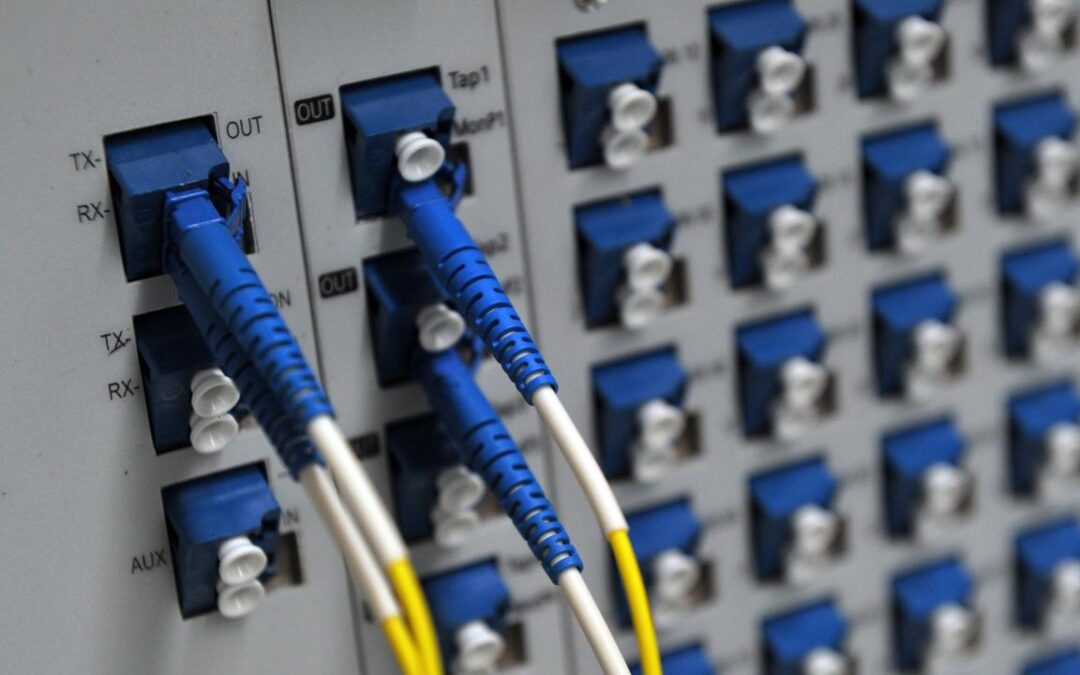
Nation urged to increase spending on AI storage
Businesses and technology providers will look to foreign countries if Australia does not build digital infrastructure to house artificial intelligence, experts say.
AI is stored in data centres – massive facilities that process data from cloud servers, with complex operations being needed by millions of customers.
Industry figures say the nation’s AI storage facilities are lacking. Australia currently has 314 data centres, with tech giant Amazon pledging to build more after meeting with Prime Minister Anthony Albanese in June.
However, KPMG’s national technology lead Simon Dubois said Australia is in a position to do much more, and not capitalising on it could see a productivity slump.
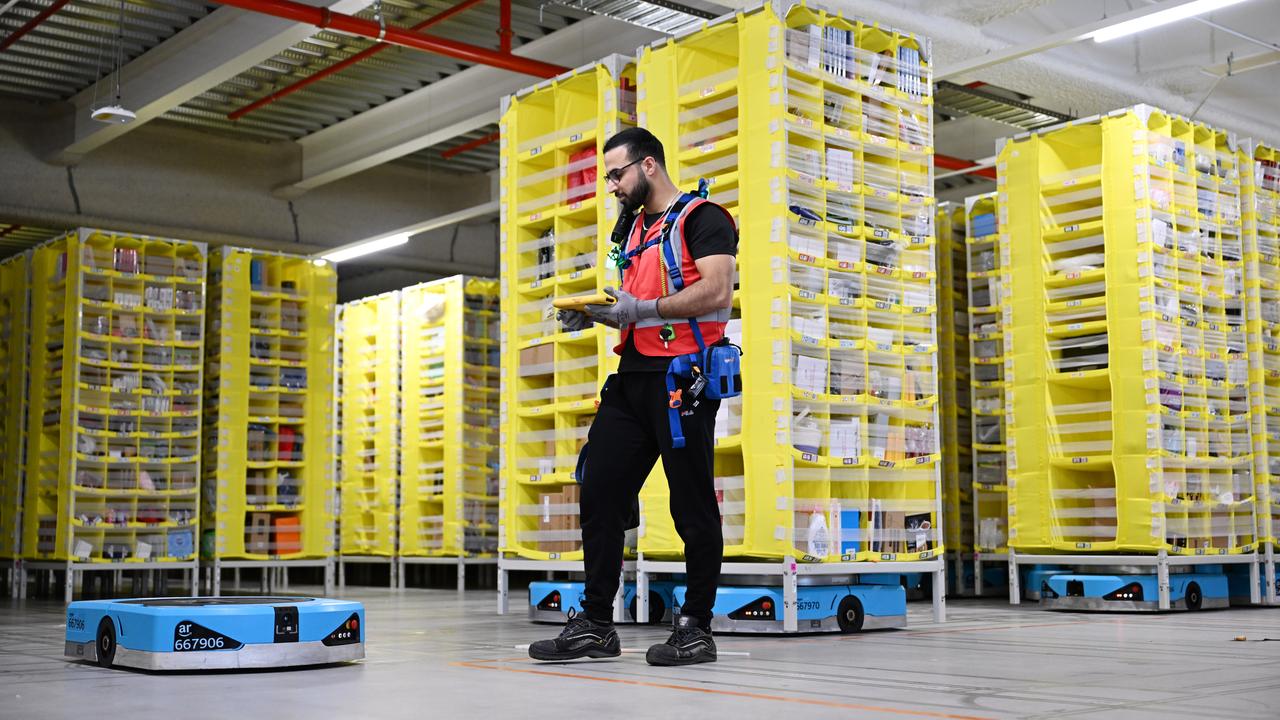
“If we’re going to keep pace and get productivity like the government and everyone wants, we need to invest in the infrastructure that’s going to power that,” Mr Dubois said during a panel talk in Canberra.
“If we don’t invest and give (businesses and entrepreneurs) the ecosystem behind them to do it, they will find a way. Most likely that way will be a going to (another) place.”
Chief technology officer at computer hardware manufacturer Firmus, Daniel Kearney, said having data stored onshore is important as most Australians would not want their health or financial data stored overseas.
“It’s a billion dollars for a 100 megawatt data centre,” Dr Kearney told the panel.
“So when you see people throwing around numbers like 300 megawatts, 500 megawatts, that’s a significant amount of investment.”
Dr Kearney said storing foreign data could also benefit the economy.
He spoke about the European Union whose economy is “stagnating”, and will not be able to capture the economic benefits that AI can bring because of regulation.

While the US has been more open to AI innovation, he said Australian lawmakers should take inspiration from both when drafting AI legislation.
Australia does not currently have strict AI laws, and chair of corporate regulator ASIC Joe Longo recently cautioned against over-regulation.
He urged governments not to address a perceived problem by simply throwing more rules at it.
But winning over the public’s perception of AI is a challenge of itself, as a KPMG report found that only 36 per cent of Australians trust AI.
Mr Dubois said there is a fine balance between storing AI ethically and powering our economy through data centres.
AI is expected to become a major focus at the government’s economic roundtable in August, however, unions are calling for appropriate safeguards for employees.
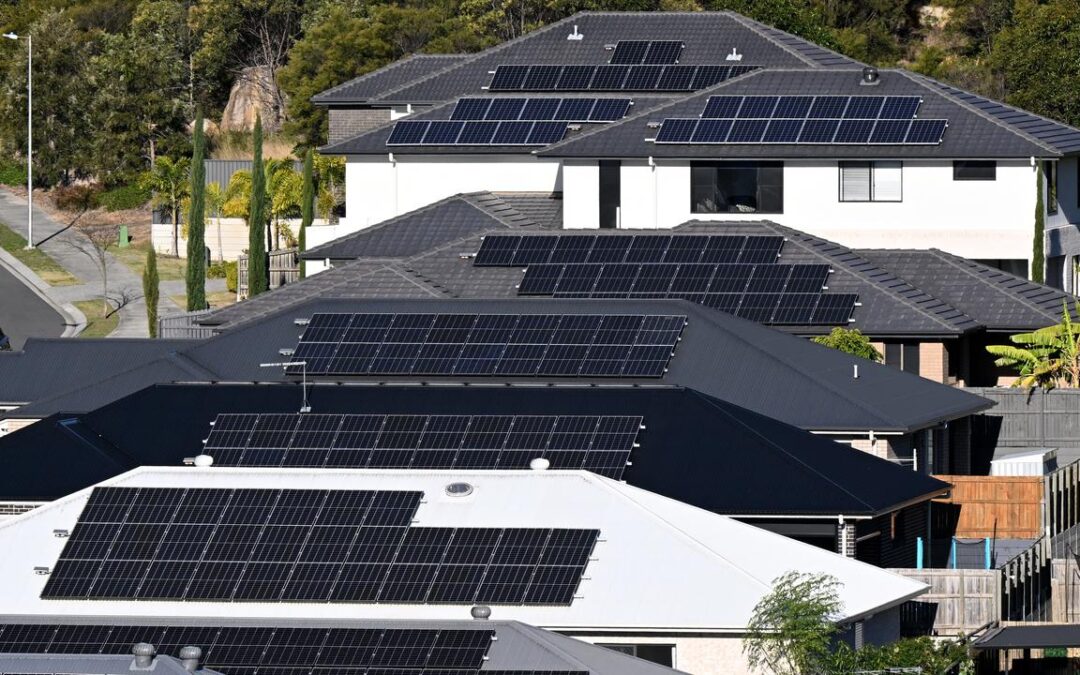
UN urges Australia to lead world with climate goal
The United Nations is ramping up pressure on Australia to pursue a more ambitious emissions reduction target, but the climate change minister insists a new goal must be “in the national interest”.
UN executive secretary Simon Stiell has urged Australia to do more and cut emissions by 60 per cent by 2035, following a meeting with Climate Change Minister Chris Bowen.
The federal government is targeting a 43 per cent reduction in greenhouse gases by 2030.
While Mr Bowen maintains Australia is on track to meet this and its clean energy goal, it is yet to release its 2035 target as required by the UN in coming months.
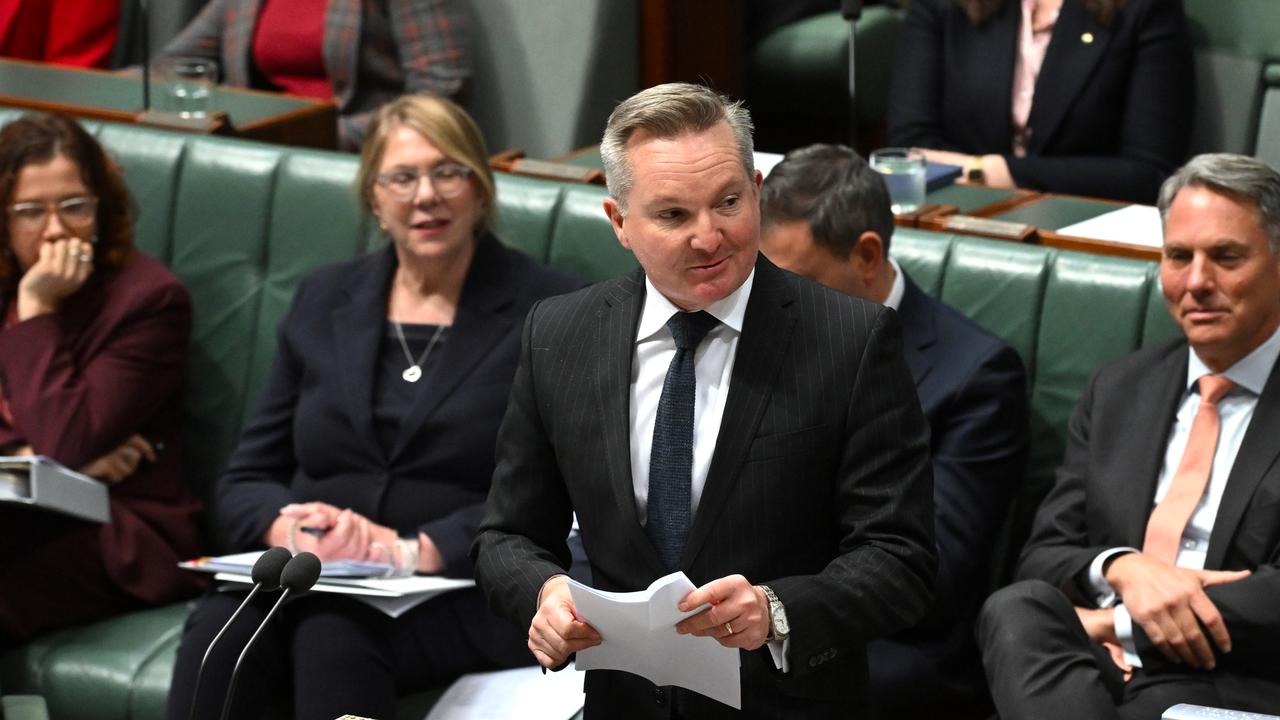
A more challenging target between 65 and 75 per cent by 2035 is being considered by the Climate Change Authority, which will advise the government.
But Mr Bowen stressed the government was already making significant efforts to decarbonise and create economic opportunity.
“Targets are easier set than met – we will set a target informed by the expert advice in the national interest,” he said on Tuesday.
During the discussion, Mr Stiell said it was a privilege to be visiting a nation with the “smarts and the opportunity to lead and to reap colossal rewards”.
He earlier maintained Australia must also tackle exported carbon emissions as part of a global push to reduce reliance on fossil fuels.
Environmental groups have echoed the calls.
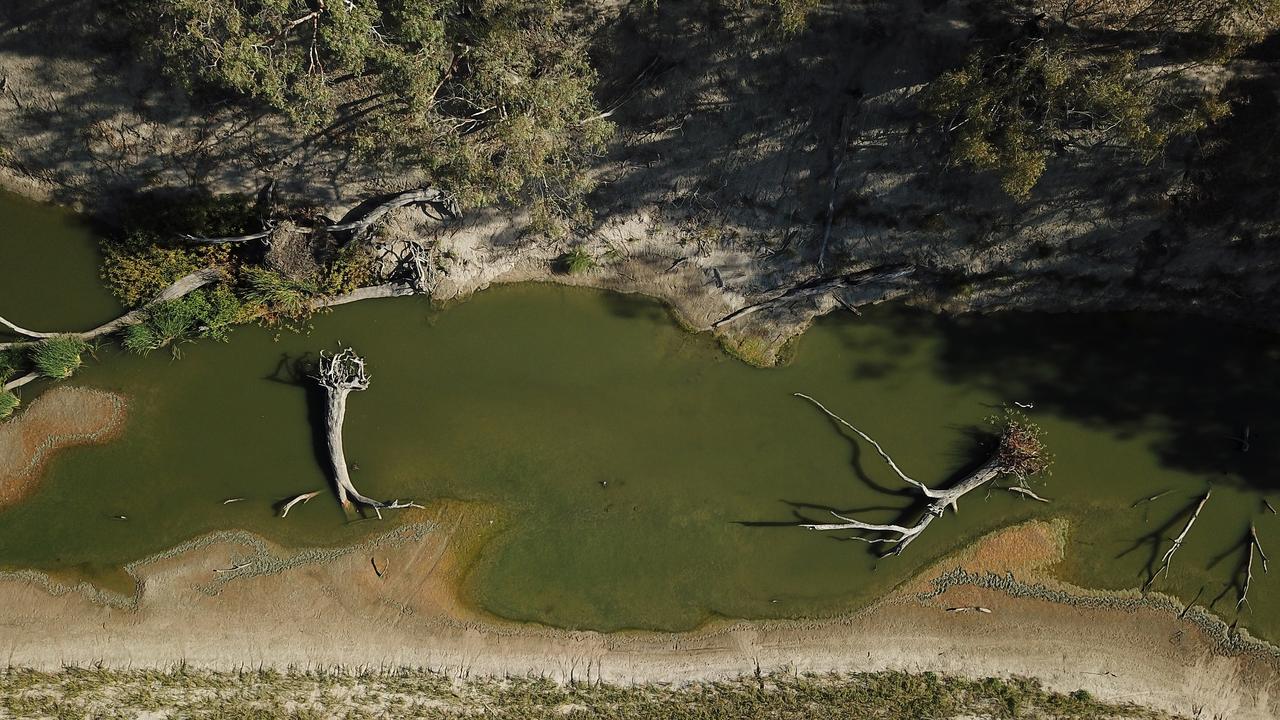
Australian Conservation Foundation climate and energy manager Gavan McFadzean noted Australia was the number two exporter of emissions in the world, pointing to the excavation of coal and gas as a major source of domestic emissions.
Setting an ambitious target has also been positioned as a moral test for the Labor government.
“Anything less than 75 per cent will be viewed as a crime against future generations,” independent senator David Pocock told reporters in Canberra.
The opposition says the government hasn’t worked through all the factors that go into reaching net-zero.
“You actually have to demonstrate that you’ve got a full understanding of what is required,” opposition energy spokesman Dan Tehan told reporters.
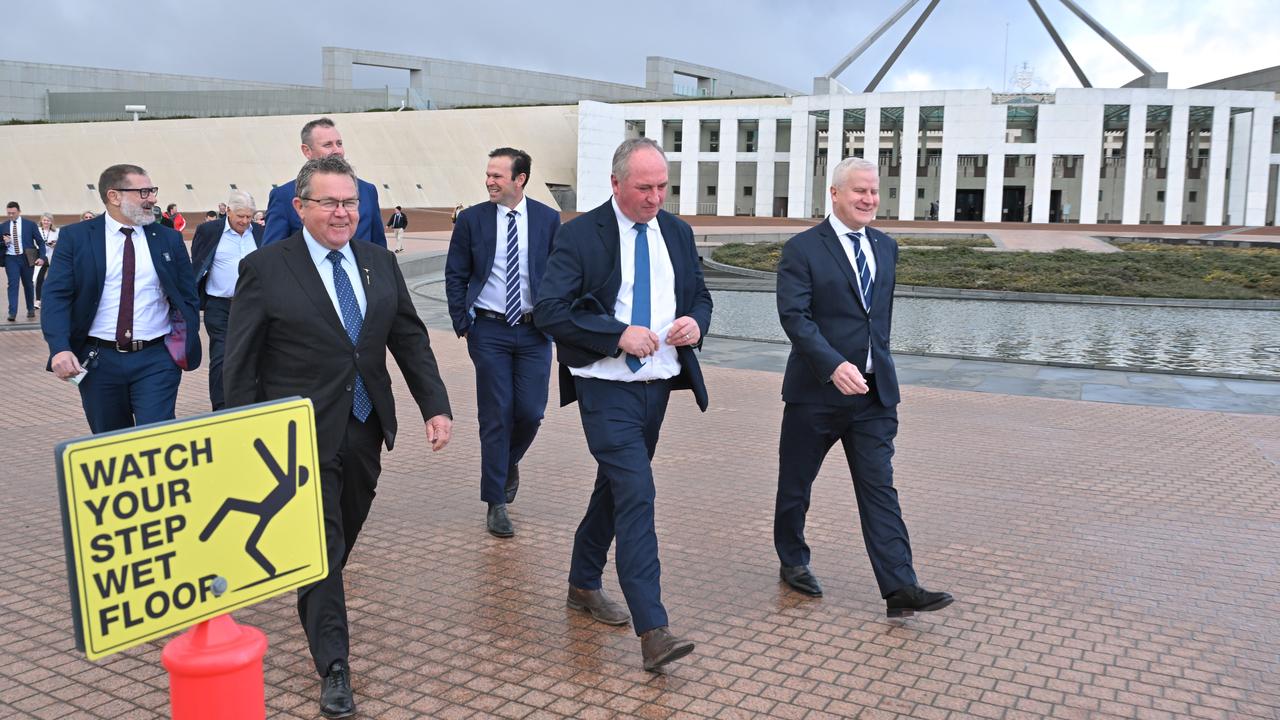
The coalition is yet to announce its climate plan as a sweeping post-election review of its entire policy suite continues.
But its support for a net-zero emissions target is being challenged by Nationals backbenchers, including Barnaby Joyce, Michael McCormack and Matt Canavan.
Senator Canavan and firebrand Liberal Alex Antic on Monday joined their One Nation colleagues to vote for the minor party’s motion in the upper house to scrap net-zero.
But only five out of the coalition’s 27 senators showed up for the motion after a text sent to a Liberal group chat said there was “no need to attend” the chamber for the vote.
Mr Bowen is poised to announce a 25 per cent expansion of Australia’s Capacity Investment Scheme, which provides a guaranteed revenue floor for renewable generation and storage projects.
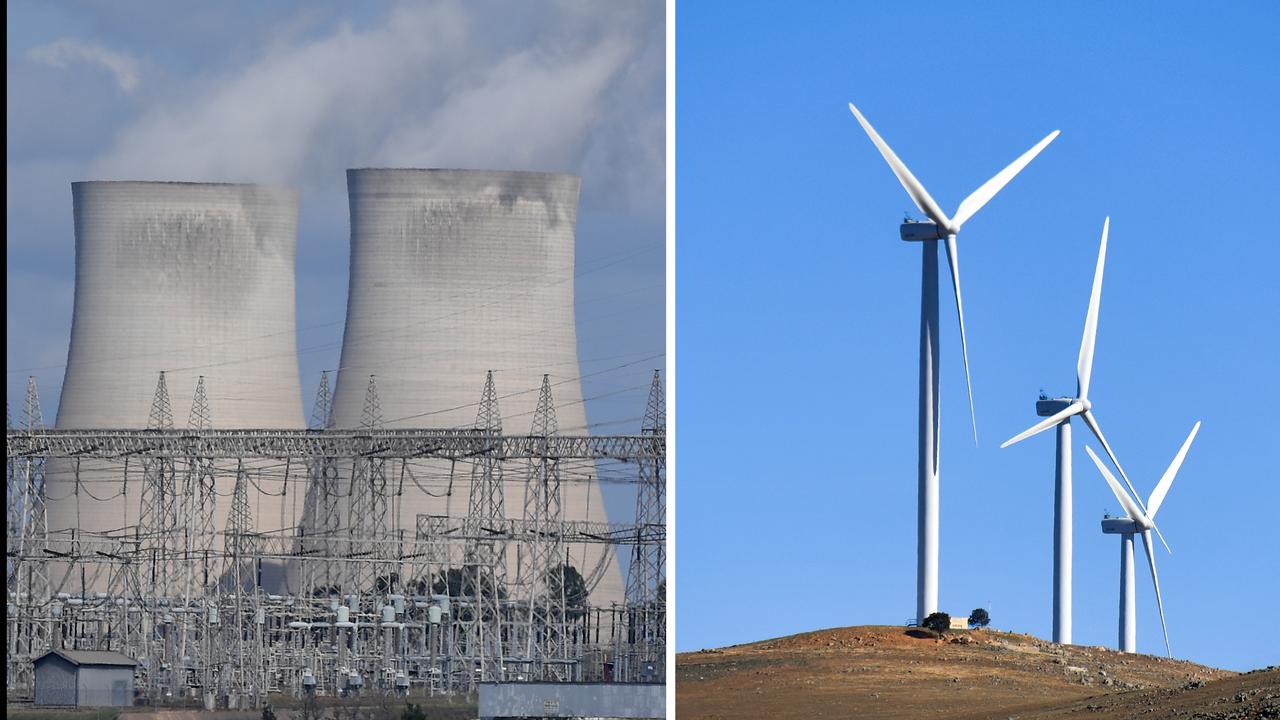
That means an extra three gigawatts of guaranteed generation – enough to power more than one million households – and a further five gigawatts of dispatchable capacity or storage, equivalent to supplying 4.6 million households with energy at peak times.
The scheme has unlocked record investment in Australia’s energy grid in its three years of operation and has put Australia on track to reach its target of 82 per cent renewable energy by 2030, Mr Bowen will say.
It has proved a hit with investors, with all six tenders massively oversubscribed – the most recent tender for dispatchable capacity, such as batteries and hydroelectricity, received 135GWh of bids compared to the 16GWh target.
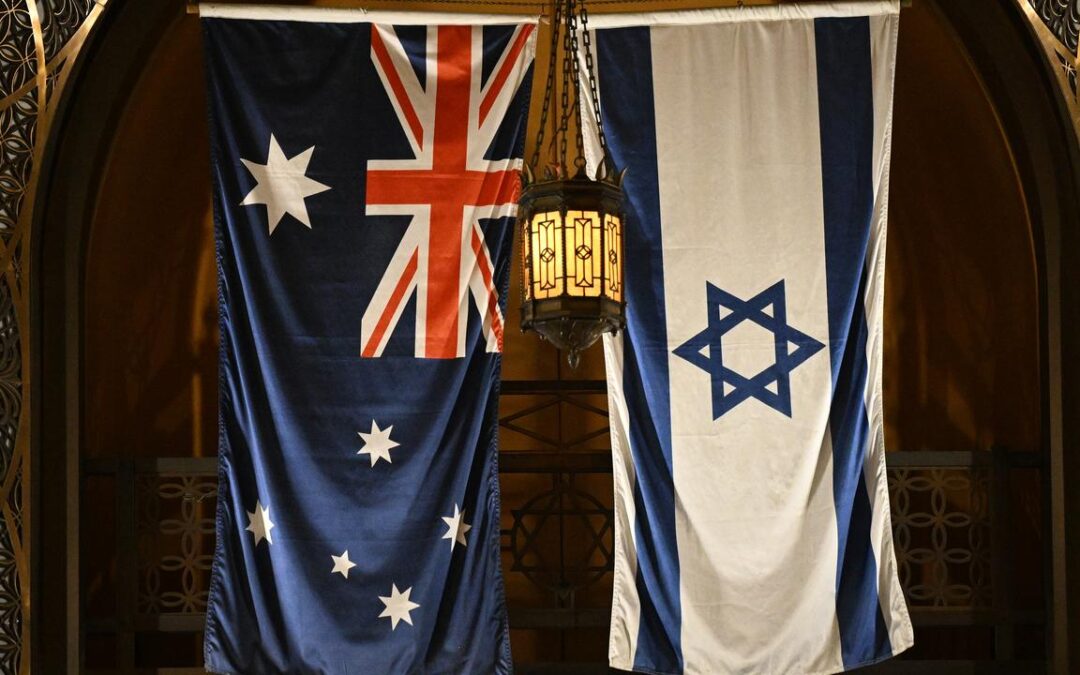
PM blasts Gaza hunger denial as Liberals sidestep
The prime minister has dismissed Israeli denials that there’s no starvation in Gaza, while the coalition sidesteps questions on who bears responsibility for the humanitarian crisis.
International pressure is mounting on Israel to let more humanitarian aid into Gaza, where it controls all entry points, as deaths attributed to malnutrition rise.
Prime Minister Anthony Albanese says claims from his Israeli counterpart Benjamin Netanyahu and diplomatic officials that there’s no starvation in the war-torn territory were “beyond comprehension”.

“While there is a caveat on any health information which is provided by Hamas, it is Israel that has prevented journalists from getting in,” he told a Labor caucus meeting on Tuesday.
The prime minister has progressively strengthened his rhetoric against Israel’s actions in Gaza, saying the humanitarian situation had “gone beyond the world’s worst fears” and the Netanyahu government’s limits on food breached international law.
Opposition Leader Sussan Ley said she was “incredibly distressed” by the images she had seen from Gaza.
But she did not directly respond to questions about whether she believed people were starving in the territory or if Israel’s policies had contributed to the deteriorating humanitarian situation for the region’s 2.2 million residents.
“We all want to see aid flow into Gaza and we all want the war to end and we all want the suffering to cease,” Ms Ley said.
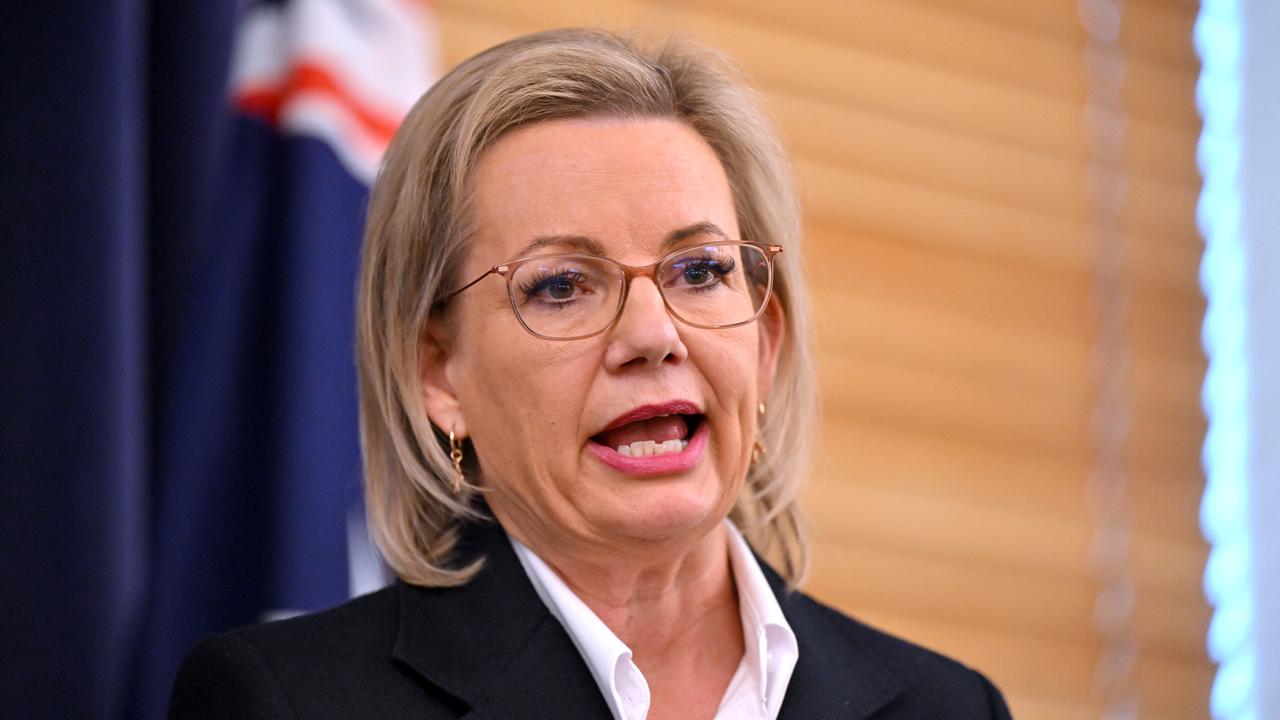
“It’s very complex on the ground. It’s not something that we can make judgments about every move that is made.
“If we want the war to end, and we all do, we know the simplest, quickest way is for Hamas to surrender and release the hostages.”
Medical professionals who have worked in Gaza during the war, the United Nations and various international aid and humanitarian organisations have criticised Israel for blocking medical supplies and food.
One-in-three people “hasn’t eaten for days”, UN emergency relief chief Tom Fletcher said.
Mr Netanyahu maintains “there is no starvation in Gaza, no policy of starvation in Gaza”, reiterating that Israel’s military action against Hamas will continue.
Liberal senator James Paterson said he didn’t believe Israel was using starvation as a weapon of war – which is illegal under international law – but it was important aid and food were provided to civilians.
“They have an obligation to ensure that people are fed,” he told Sky News when asked if Israel bore any responsibility for the situation in Gaza.
US President Donald Trump also contradicted the Israeli prime minister by suggesting people were starving in Gaza and suggested more could be done to improve humanitarian access.
While air drops of aid have been carried out into Gaza, humanitarian agencies say they aren’t enough to deal with worsening food shortages in the area.
The number of Palestinians believed to have been killed during the war is nearing 60,000 people, according to local health authorities, while dozens of people are reported to have died in recent days due to starvation.
Israel’s military campaign began after Hamas, a designated terrorist organisation in Australia, attacked Israel on October 7, 2023, killing 1200 people and taking 251 hostages.
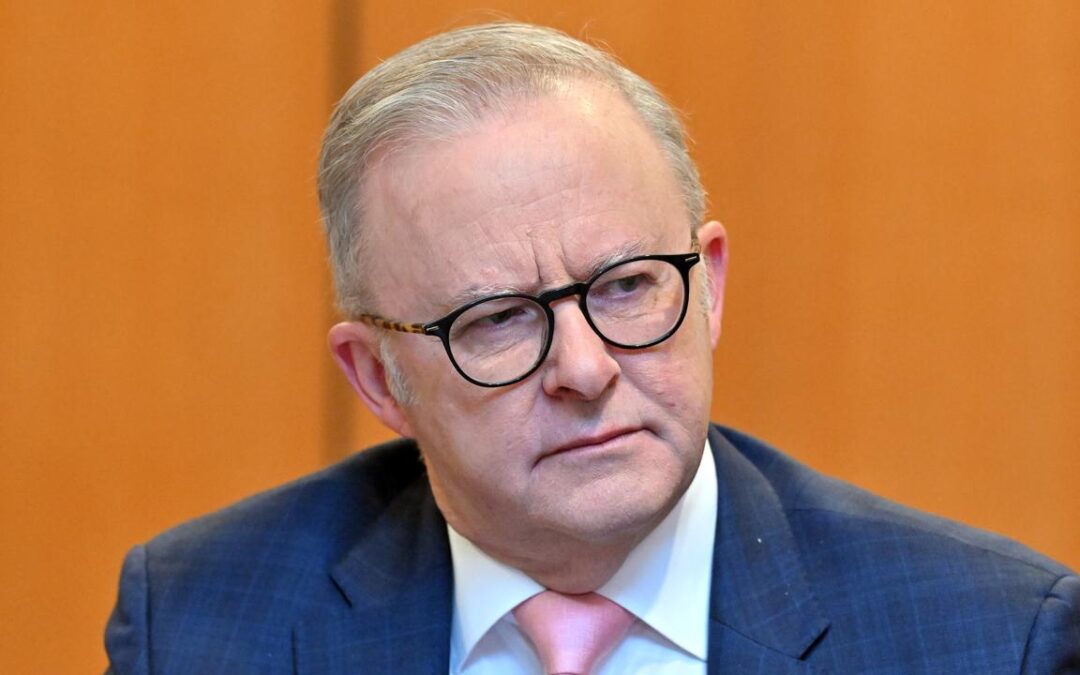
Albanese slams Israel’s denial of starvation in Gaza
Anthony Albanese has strongly rejected Israel’s claims that there’s no starvation in Gaza as “beyond comprehension”.
The prime minister was responding to statements made by his counterpart Benjamin Netanyahu, and Israel’s deputy ambassador to Australia, during a Labor caucus meeting on Tuesday.
“While there is a caveat on any health information which is provided by Hamas, it is Israel that has prevented journalists from getting in,” he told the meeting in Canberra.
It comes after Mr Albanese on Friday declared Israel’s retaliation in Gaza following the October 7 attack on the nation state by Hamas had “gone beyond the world’s worst fears”.
Then on Sunday, he warned Israel had “quite clearly” breached international law by limiting food deliveries to starving civilians in Gaza, escalating his criticism of the Jewish state.
The prime minister spoke of his emotional response to images of gaunt and dying children in the Palestinian territory, while acknowledging increased airdrops of aid by Israel was “a start”.
“It just breaks your heart,” he told ABC’s Insiders on Sunday.
Overnight on Monday, US President Donald Trump contradicted the Israeli prime minister by stating many people were starving in the Gaza Strip and suggested more could be done to improve humanitarian access.
Mr Netanyahu has said “there is no starvation in Gaza, no policy of starvation in Gaza …”
Israel’s deputy ambassador to Australia Amir Meron told journalists on Monday “we don’t recognise any famine or any starvation in the Gaza Strip”.
The number of Palestinians believed to have been killed is nearing 60,000 people, according to local health authorities.
While air drops of aid have been carried out into Gaza, humanitarian agencies say they aren’t enough to deal with worsening levels of starvation in the area.

At the caucus meeting, Mr Albanese was also asked about Palestinian statehood.
He referenced a Nelson Mandela quote, saying “it always seems impossible until it’s done”.
The prime minister has previously said any resolution on the issue would need to guarantee that Hamas, the de facto ruling authority in Gaza, which Australia has designated a terrorist group, plays no part in the future nation.
There would also need to be agreements on the rebuilding of Gaza and the West Bank, and a resolution of issues over the expansion of Israeli settlements.
Recognition of Palestinian statehood has been part of Labor’s national platform since 2018.
Labor is facing intensifying pressure to follow France in recognising a Palestinian state at a United Nations General Assembly meeting in September.
The Greens are calling on the government to impose the same sanctions on Israel as it had done so for Russia.
The minor party is also seeking a ban on buying items that can help fund the war, pointing to sanctions on pearls and truffles for Russia.
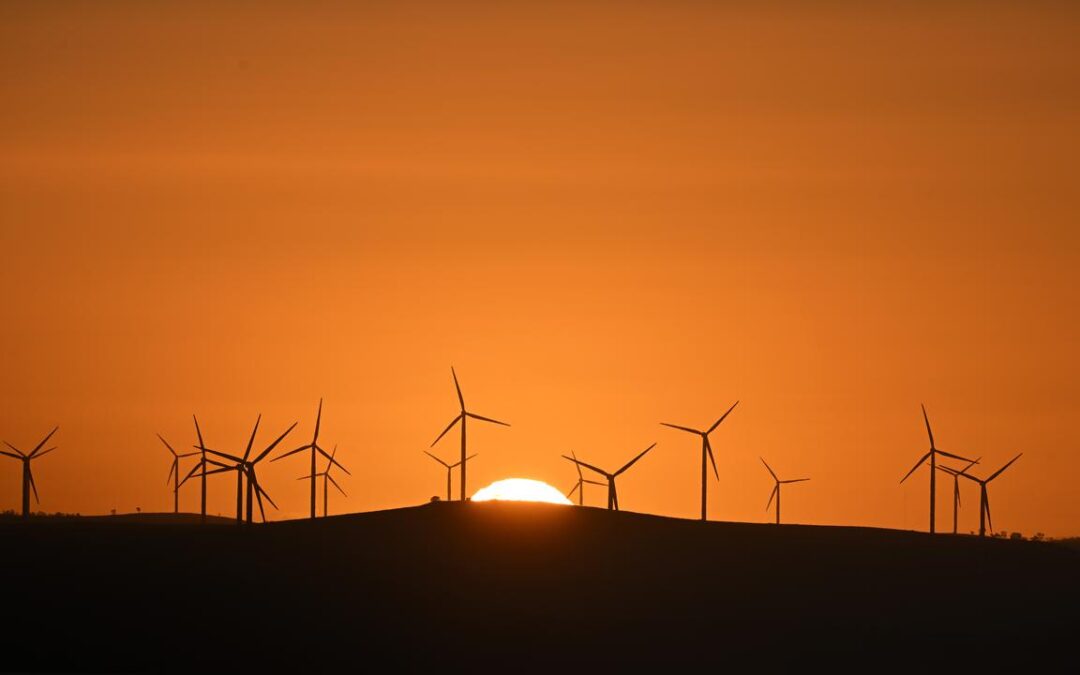
Renewables subsidies boost as UN urges more ambition
The amount of renewable energy projects that the taxpayer will underwrite will be significantly expanded as Australia comes under pressure from the United Nations to step up its emissions reduction ambitions.
Australia’s Capacity Investment Scheme, which provides a guaranteed revenue floor for renewable generation and storage projects, will be increased by 25 per cent, Climate Change and Energy Minister Chris Bowen will announce on Tuesday.
That means an extra three gigawatts of guaranteed generation – enough to power more than one million households – and a further five gigawatts of dispatchable capacity or storage – equivalent to supplying 4.6 million households with energy at peak times.
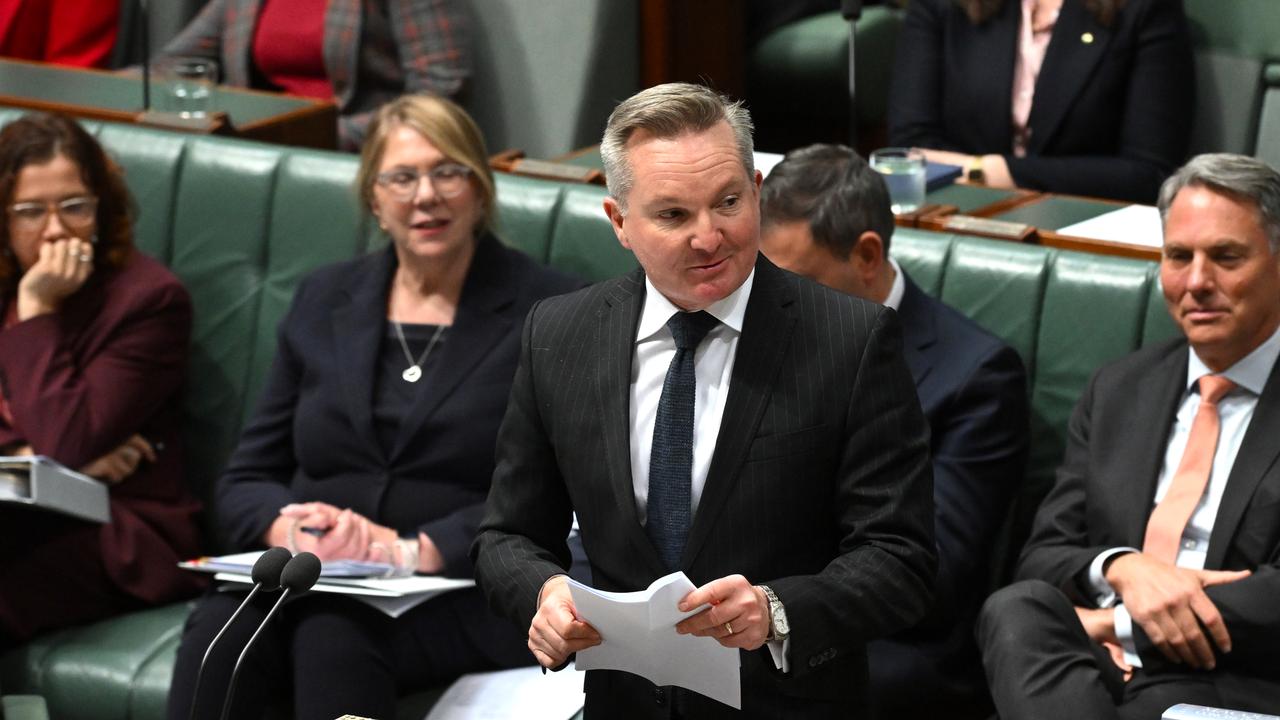
The boost will take the total capacity of the scheme to 40 gigawatts.
“Our energy grid’s transition remains urgent. As our ageing coal-fired power stations only become more expensive and more unreliable, we need new generation now,” Mr Bowen will tell the Investor Group on Climate Change, a network of super funds and other investors focused on funding the transition to net zero.
“It remains the case that to rebuild Australia’s energy grid into the modern, reliable and fairer system, we need to get renewables and storage online, faster.
“It’s right that the sunniest and windiest continent remains at the forefront of solar and wind innovation – and this backing shows the government intends for it to stay that way.”
The scheme has unlocked record investment in Australia’s energy grid in its three years of operation and has put Australia on track to reach its target of 82 per cent renewable energy by 2030, Mr Bowen will say.
It has proved a hit with investors, with all six tenders being massively oversubscribed – the most recent tender for dispatchable capacity, such as batteries and hydroelectricity, received 135GWh of bids compared to the 16GWh target.
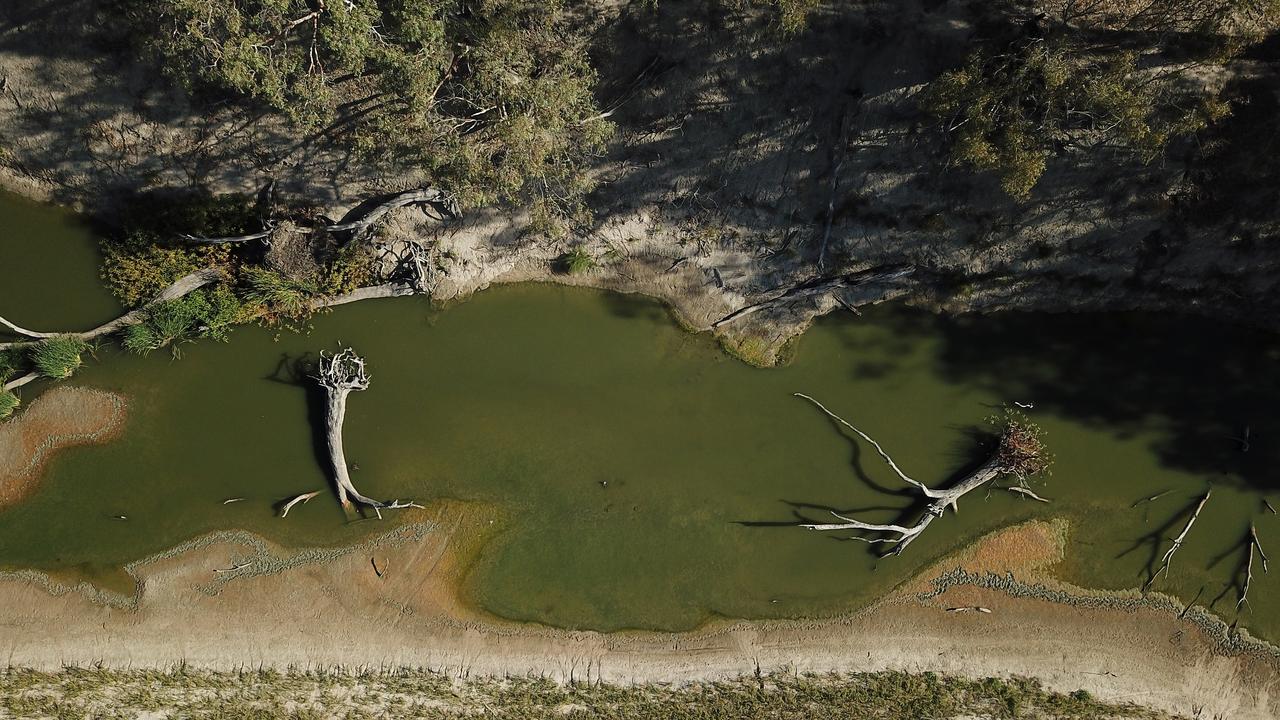
But while the government maintains it is on track to meet its 2030 clean energy and emissions reduction target, it has yet to release its target for 2035, which it is required to do by the UN in the coming months.
Mr Bowen will meet with UN climate chief Simon Stiell in Canberra on Tuesday.
Ahead of the meeting, Mr Stiell urged Australia to lead the way with an ambitious emissions reduction target for 2035.
“It’s a critical moment for all countries,” he told ABC Radio National.
“But for Australia specifically, there’s an incredible opportunity to demonstrate what ambition looks like, to take full advantage of all of its natural resources in the green energy space, and to accelerate its transition away from its dependence on fossil fuels to new green technologies.”
Australia’s current target calls for a 43 per cent reduction in greenhouse gases by 2030, but a more challenging target between 65 and 75 per cent by 2035 is being considered by the Climate Change Authority, which will advise the government.
As a major exporter of coal and gas, Australia must also tackle exported carbon emissions as part of a global push to reduce reliance on fossil fuels, Mr Stiell said.
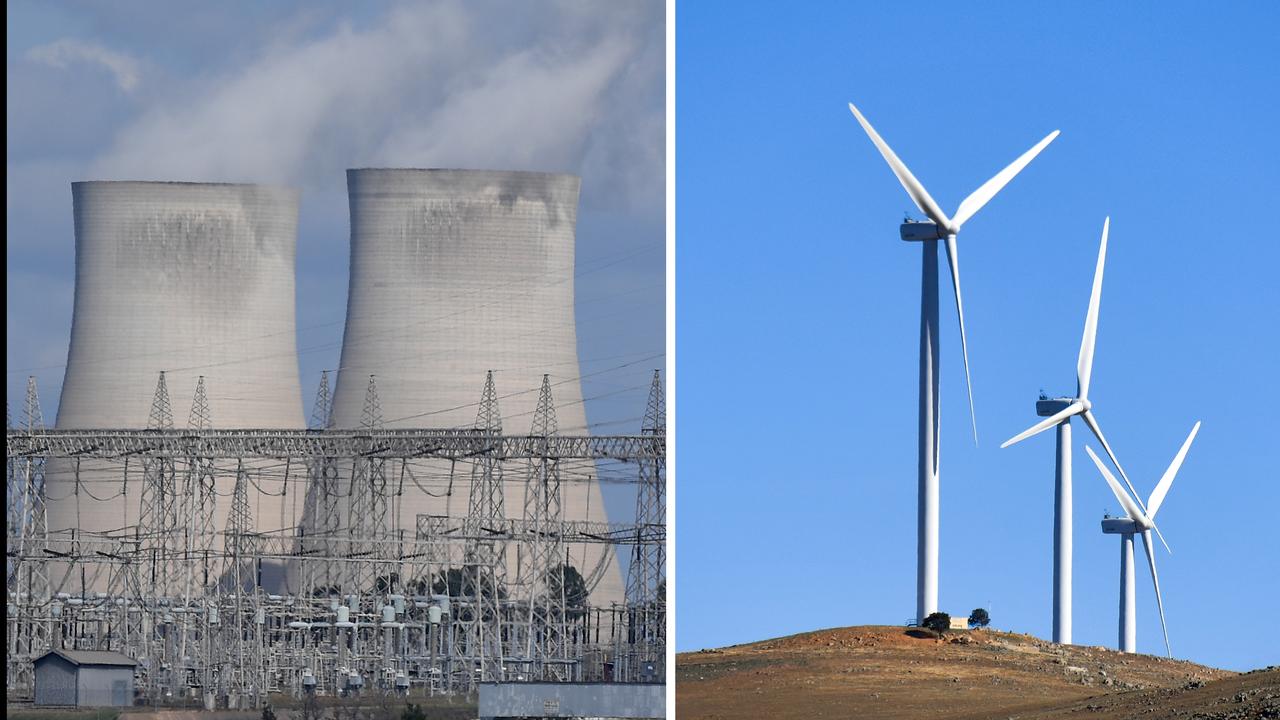
The coalition is yet to announce its climate plan amid a sweeping post-election review of its entire policy suite.
Its support for a net zero emissions target is being challenged by Nationals backbenchers, including Barnaby Joyce, Michael McCormack and Matt Canavan.
Liberal frontbencher Tim Wilson, who’s a strong supporter of the previous coalition government’s plan to reach net zero by 2050, said the path to net zero must not compromise price and reliability.
“I see the basis of getting to net zero emissions is contingent on net zero price increases and net zero outages if you want to get net zero emissions,” he told Sky News.
“If you actually have prices rise, if you don’t have stability in our electricity grid and security in our electricity grid, unsurprisingly, support for emissions reduction declines with it.”

Unions call for stricter AI restrictions in workplaces
Employers must ensure job security and transparency when implementing artificial intelligence in the workplace, the peak union body says.
The ACTU is calling for tougher regulations during the rollout of artificial intelligence in workplaces in order to protect jobs.
At a federal economic reform roundtable next month, the ACTU will call for a new set of artificial implementation agreements that employers must provide to workers.

It wants agreements to compel employers to consult their staff before new artificial technology is introduced into workplaces.
“Artificial intelligence can bring benefits if it is brought in by workers who are well-trained and well-supported in the use of AI,” ACTU Assistant Secretary Joseph Mitchell said on Tuesday.
“This can’t happen without the knowledge, experience, creativity and skills of workers being brought into the implementation process.”
The agreements should include job security guarantees, skills development and retraining, transparency over technology use, privacy and data collection protections.
The agreements should also be backed by a national artificial intelligence authority and legislation to ensure that laws are keeping up with technological changes.

“Working people will not embrace artificial intelligence if their key concerns, such as job security, are left unprotected,” Mr Mitchell said.
“If an employer does not have an Artificial Intelligence Implementation Agreement in place with their workers that company should not be eligible for government funding, such as research and development incentives or government contracts.”
The roundtable hosted by Treasurer Jim Chalmers will take place over three days in August.
The focus will be on improving productivity, enhancing economic resilience and strengthening the nation’s budget sustainability
Business leaders, unions, government members and experts will all contribute to the roundtable.
Opposition industrial relations spokesman Tim Wilson said the government would likely try to unionise workers instead of embracing technology in workplaces.
“Their solution is to pretend that it doesn’t exist, or to block it out,” he told Sky News.
“There’s a simple reality: Artificial intelligence is here. It poses opportunities and challenges
“The key thing is, are we going to lead through this challenge and be part of the solution?”